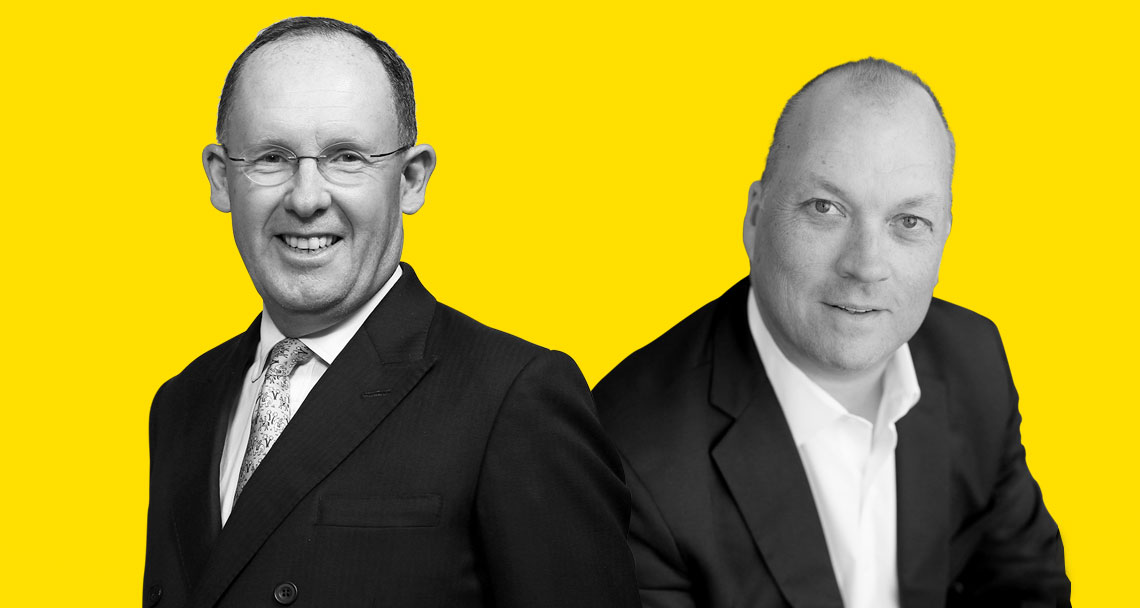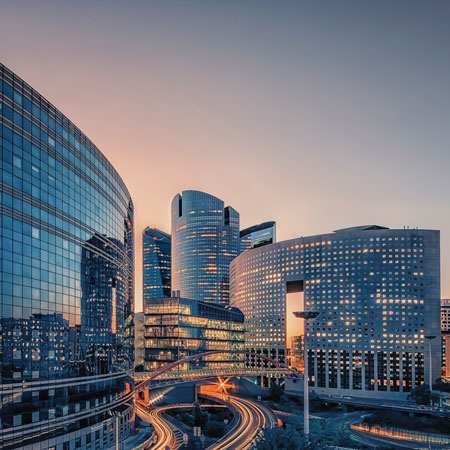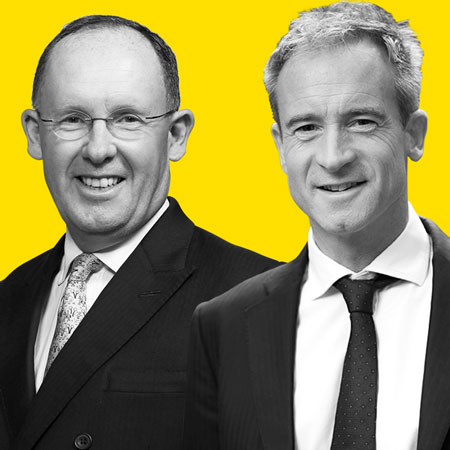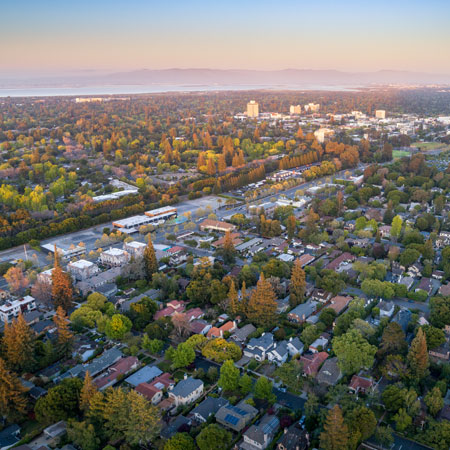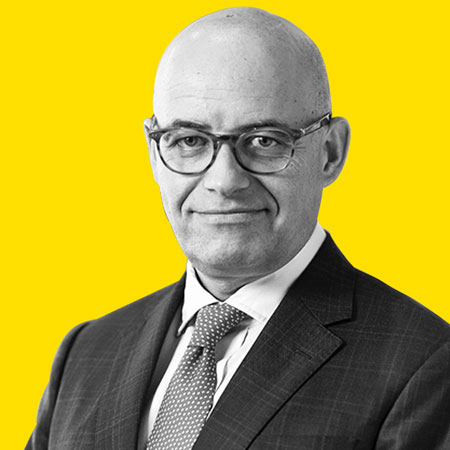Global investors are at the forefront of change. They spearhead investments in emerging sectors and provide leadership for transformational issues, such as sustainability, climate risk and the move to more operational real estate models.
Simon Hope, Head of Global Capital Markets for Savills (left), talks to Paul Brundage, EVP, Senior Managing Director, Europe & Asia Pacific, Oxford Properties (right), about his approach to these major shifts.
Simon Hope From a real estate perspective, what was your immediate response to the Covid-19 crisis?
Paul Brundage On the investment side, we were able to conclude deals that we had in the pipeline to sell, but some acquisitions didn’t get finalised unless they were at an advanced stage so we slowed down in that respect.
The other thing we have been doing is trying to collect rent, which has not been an easy exercise by any means and, of course, we’ve been talking to our lenders.
SH For the longer term, how do you think the pandemic changes your allocations?
PB We’ve gone through all of our asset classes and geographies and our long-term capital allocations, and we’ve either reaffirmed them or adjusted them. The overall conclusion is probably that the crisis has just deepened our convictions on our sector and geography choices both ways.
SH What does this mean for your sector and geography targets?
PB The crisis has increased our commitment to investing in logistics, data centres and life sciences. We like residential but we do have to see whether there is increased government intervention in this sector following the crisis.
Offices, which was already facing some headwinds, is probably something we will do less of now, as well as retail. By geography, it is likely to play out as more investing in Asia and less in Europe.
SH What challenges do you see in satisfying those allocations?
PB One challenge will be to achieve the returns we are targeting in those sectors and geographies as many people will be shifting in the same direction as well. In the long term, it will also be about getting comfortable as to whether the returns we were targeting before Covid-19 will be the same. We’re still trying to understand whether the market is truly ready to reflect what we believe are higher risks. Therefore, we’re going to be going at a slower pace to hit those allocations.
SH Are there other wider factors that will affect investments?
PB I think the role governments have played in the crisis around the world will become a factor. They’ve essentially become the employer of last resort, the public service provider and the lender of last resort in many countries. And, if there was ever a moment in time when you needed a government to do this, it was now. But at some point that has to be paid for, and we will see that in future growth rates.
As we move into a post-Covid-19 world as government intervention relaxes, real estate needs to play a role. We need to work in partnership on employees, on taxes, on planning, on lending and finance and then on the future of the investment opportunity, and how can we bring our capital to support that.
SH How is Oxford Properties approaching ESG?
PB Our ESG team is investing across many different projects globally. It’s a thoughtful, commercial approach, and we’re aiming to be a leader around it. We’re trying to be even more of a leader around climate change.
SH Do you see a tipping point coming for real estate on climate change?
PB We’re past the tipping point. We’re in it, and we have to deal with it. We have to deploy our capital in a manner that is consistent with that and to take a leadership role.
